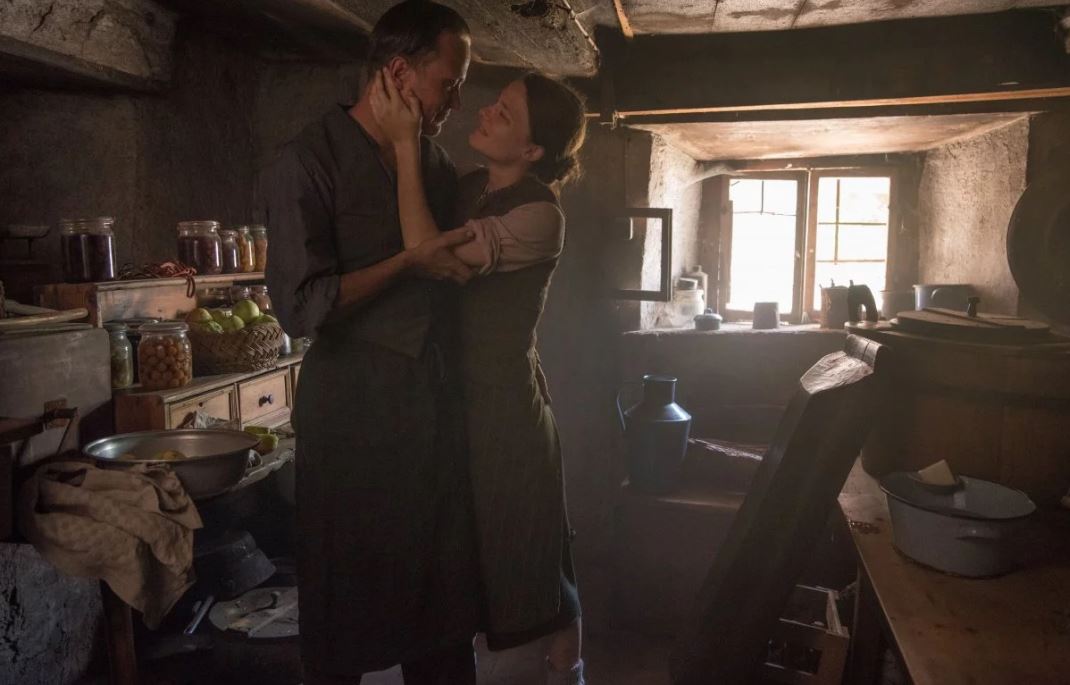How do you represent historical evil, and is it ever possible to do it through fiction? No series of events has seen that question more seriously critiqued and interrogated than when it comes to filmic representation of Nazi atrocities and, in particular, the Holocaust. Many intellectuals, from the German refugee Theodor Adorno to the Australian historian Inga Clendinnen, have argued urgently, eloquently, that there is a point where fiction and poetry have to remain silent. We have to allow documentary to do the work of conveying the scale and obscenity of terror. Though I have for a long time been challenged by such understandings, and though I have sympathy and respect for the moral righteousness of such positions, I think there are film fictions that can bear witness.
A recent example is László Nemes’s Son of Saul, which tells the story of a member of the Sonderkommando in Auschwitz who believes he has come across his son’s body in the gas chamber and who attempts to find a way to give the dead child the burial demanded by his Jewish faith. Son of Saul deliberately eschews exposition and the long shot. Unlike most Hollywood Holocaust films, it doesn’t reconstruct the death camps. We spend most of the film in extreme close-up, peering over the protagonist’s shoulders, with violence and death and anguish occurring just outside the frame. We hear hell rather than see it. It is an acknowledgement that the fictional image can’t equal the devastation of real evil.
In his new film, A Hidden Life, director Terrence Malick brings that same moral gravity to the responsibility of making art that responds to history. The film is based on the life of Franz Jägerstätter, an Austrian peasant farmer who refused to swear an oath of allegiance to Hitler and was imprisoned and executed for being a conscientious objector. A remorseful Catholic Church beatified Jägerstätter in 2007 but A Hidden Life isn’t interested in his saintliness. The film is long, running nearly three hours, and it is structured in three overlapping but distinct acts. In the first hour we see Franz and his young family on their farm, in an idyllic village in the Alps, where work and pleasure are equally dependent on the seasons. The middle section details his imprisonment and trial, and the majestic last act is a moving requiem detailing his preparation for and submission to death.
Integral to Malick’s poetics as a filmmaker is a deliberately disruptive editing that utilises jump cuts, flashbacks and flashforwards not only to accentuate Franz’s acceptance of his fate but also to constantly return us to the rhythms and beauty of the natural world that undergird his faith. What anchors the narrative – and again this is intrinsic to Malick’s sensibility as a filmmaker – is a series of voiceovers based on actual letters that Franz and his wife, Fani, sent to each other when he was imprisoned in Germany. The voiceover, delivered by August Diehl and Valerie Pachner, who play Franz and Fani, always foregrounds the couple’s deep love for one another, which is both familial and deeply erotic. This sensuality is mirrored in Fani’s recitation of the labours and joys of her work as a mother and farm worker. It is as if in reminding her husband of the cycle of sowing, harvesting and feasting, she is offering him the means to transcend the squalor and violence of prison.
Get the review by Christos Tsiolkas in The Saturday Paper.

